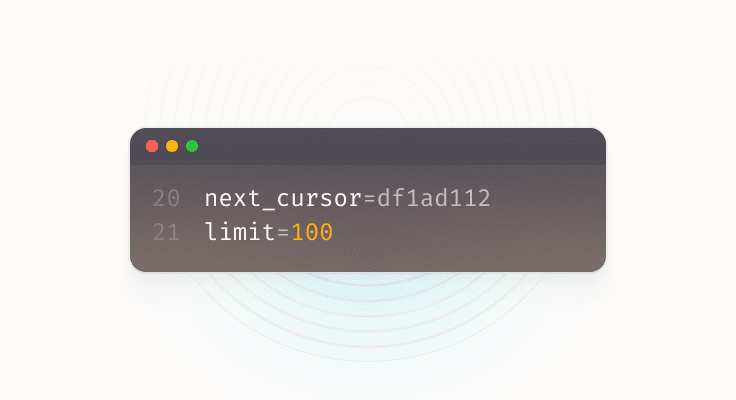API integration
Expand your
Ticketing
integrations with the
Jira
API integration.

superAI
list_all_jira_roles
Get all project roles in Jira. Returns an array of project roles with details including id, name, de…
get_single_jira_role_by_id
Get project role details and default actors by id in Jira. Returns actors with displayName and type,…
list_all_jira_users
Get all users in Jira. Returns a list of users with accountId, accountType, active status, avatarUrl…
get_single_jira_user_by_id
Get user details by accountId in Jira. Returns accountId, displayName, emailAddress, avatarUrls, gro…
list_all_jira_groups
Get user groups by accountId in Jira. Returns groupId, name, and self URL for each group the user be…
list_all_jira_licenses
Get licensing information for the Jira instance. Returns applications array with id and plan fields…
list_all_jira_users
Get all users in Jira. Returns a list of users with accountId, accountType, active status, avatarUrl…
get_single_jira_user_by_id
Get user details by accountId in Jira. Returns accountId, displayName, emailAddress, avatarUrls, gro…
list_all_jira_search
Search issues using JQL in Jira. Requires jql parameter. Returns issues array with key fields like i…
Enhanced
Jira
with AI Capabilities
Unified APIs for
Jira
Skip writing code for every integration. Save time by using Truto's category-specific Unified APIs. You can use the schema we provide out of the box or customize and override the mappings to suit your needs with AI.
Roles
The Role object represents a role of a User.
Unified User Directory API
Users
The User object represents a User.
Unified User Directory API
Groups
Groups are a collection of users in the source application. In some applications, they might also be called Teams.
Unified User Directory API
Activities
Activities are the actions performed by users in the source application.
Unified User Directory API
Utilization
Utilization object represents utilization reports.
Unified User Directory API
Licenses
Licenses represent concepts like user seats in apps that support them
Unified User Directory API
Me
Unified User Directory API
Attachments
Attachments are the files associated with a ticket or a comment.
Unified Ticketing API
Collections
Tickets and contacts can be grouped into Collections. Collection resource usually maps to the various grouping systems used in the underlying product. Some examples are lists, projects, epics, etc. Yo…
Unified Ticketing API
Comments
Comments represent the communication happening on a Ticket, both between a User and a Contact and the internal things like notes, private comments, etc. A Ticket can have one or more Comments.
Unified Ticketing API
Tags
Tags represent a common classification approach used in various ticketing systems. A Ticket may have one or more Tags associated with them.
Unified Ticketing API
Teams
Teams represent the grouping system used for Users. These are usually called groups, teams, agent groups, etc. in the underlying products. A User can belong to one or more Teams.
Unified Ticketing API
Tickets
Core resource which represents some work that needs to be carried out. Tickets are usually mapped to issues, tasks, work items, etc. depending on the underlying product.
Unified Ticketing API
Ticket types
Ticket Types represent the classification system used by the underlying products for Tickets. Some examples are bugs, feature, incident, etc.
Unified Ticketing API
Fields
Fields represent the attributes defined for various entities in the underlying product. Depending on the underlying product, custom attributes can be defined by a User on various entities like Ticket,…
Unified Ticketing API
Ticket status
Ticket Status represents the completion level of the Ticket. Some products provide customizing the Ticket Status.
Unified Ticketing API
Ticket priorities
Ticket Priorities represent the intended order in which the Tickets should be worked on. Some products provide customizing the Ticket Priorities.
Unified Ticketing API
Users
Users represent the people using the underlying ticketing system. They are usually called agents, team members, admins, etc.
Unified Ticketing API
Search
Search endpoint for all the apps.
Unified Search API
Proxy API for
Jira
✨ Powered by AI
Customize the mappings as you need using AI.
Build your own unified API from scratch, aided by AI.

We have been able to dramatically accelerate our GTM timeline by several months as a result of Truto. The devs at Truto worked with us to build a unified API structure with our team so that we have a solid base for future integrations as well. The support has been very quick to respond to our inquiries and provide timely resolutions for our requests.
Josh Benson,
CEO of Omnitrain























